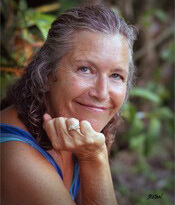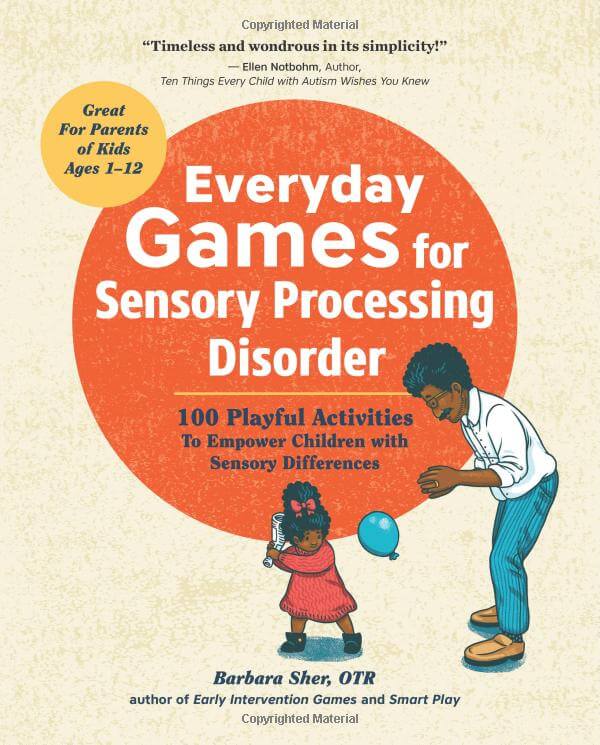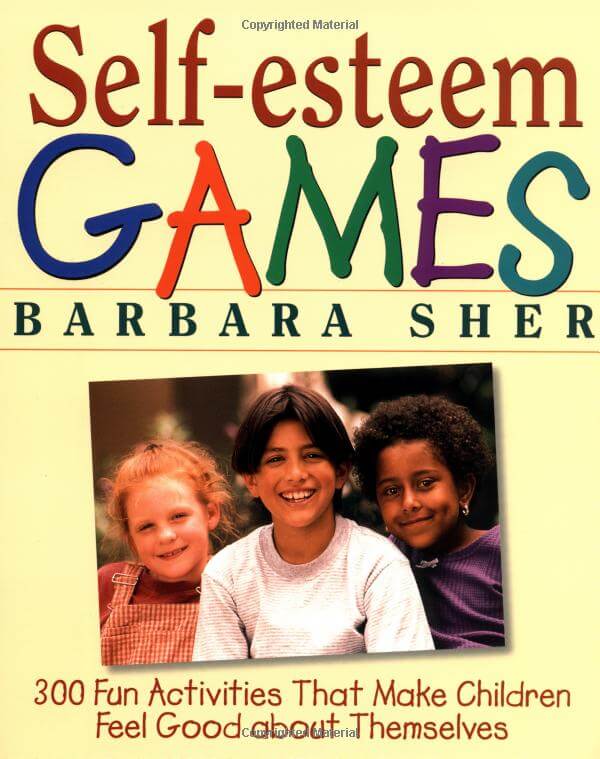
Sher, Barbara, MA, OTR
Barbara Sher MA, OTR, a mother, grandmother, pediatric occupational therapist and workshop leader. Barbara is the author of nine books and one CD/tape on activities for children. Her books have been translated into 8 languages so far (Italian, French, Spanish, Chinese, Estonian, Arabic, Russian and Swedish) She gives workshops on the Power of Play and on making learning toys out of recyclables in both national and international locations (Nicaragua, Cambodia, New Zealand, Vietnam, Hong Kong, United Kingdom, Micronesia and Norway) Barbara lives and works on the Northern Mariana islands of Saipan and Tinian and in Northern California.
The Power of Play: How Sensory Games Can Stimulate Motor, Social, Cognitive and Language Skills for all Children
When children are “playfully engaged”, neuroscientists have shown there are immediate changes in the brain. New synaptic connections are formed that are actually visible in brain scans. Too often in educational settings, children are taught academics in sedentary ways and when there are fun movement activities, children with special needs are often not included. In this course, parents, teachers, and other professionals will learn, through play, a large variety of games that stimulate brain development and include children with special needs. Aspects of each game enhance motor, social, language and cognitive skills so the needs of the whole child are addressed These games use materials easily found around the home. Participants will also be empowered to use their own creativity to make games and toys from recycled materials for their specific child or children.
OBJECTIVES:
- To learn about the basic development of the brain and the effect the sensory system has on development.
- To understand that movement and touch experiences are essential ingredients in learning and how to incorporate the enriching effect of “sensory moments” in a child’s daily life.
- To recognize characteristics of tactile, vestibular, proprioceptive, visual, and auditory dysfunction.
- To participate in playing a large variety of fun games and “song games” that are designed to engage various sensory systems. Aspects of each game enhance motor, social, language and cognitive skills so the needs of the whole child are addressed.
- To learn inclusive games that are specifically designed for children with different skill levels and special needs ( blind/deaf, deaf, autistic, non-ambulatory, sensory processing differences)
- To leave the workshop feeling empowered to create own ideas by making games or toys out of recycled materials for the home, classroom or clinic.
-
Everyday Games for Sensory Processing Disorder: 100 Playful Activities to Empower Children with Sensory Differences
Award-winning author and occupational therapist Barbara Sher has over 45 years experience helping children with sensory processing disorder, autism and Asperger’s learn and thrive. In this new solutions-based guide, she’s collected 100 sensory-rich games that make working with your child a joy.
$23.99 Product Details »
-
Self-Esteem Games: 300 Fun Activities That Make Children Feel Good about Themselves
The key ingredient in children’s development, emotionally, socially, and intellectually, is a strong sense of their own self-worth. The 300 games and activities in this fun book will give them just that.
$20 Product Details »
-
Smart Play: 101 Fun, Easy Games That Enhance Intelligence
Children who move their bodies as part of the learning process are more stimulated and alert-and they retain more of what they are taught. By sharing the upbeat, joyful activities in “Smart Play”, you can enhance your child’s intelligence, boost his or her confidence, teach academic and motor skills, and provide a lasting foundation for learning.
$19 Product Details »
-
Spirit Games: 300 Fun Activities That Bring Children Comfort and Joy
Spirit games make children feel brighter and more confident. By tapping into children’s natural delight, spirit games restore the sparkle to their eyes. By sharing the upbeat activities in Spirit Games, you can encourage your child’s self-esteem and provide a lasting foundation for happiness.
$19 Product Details »







